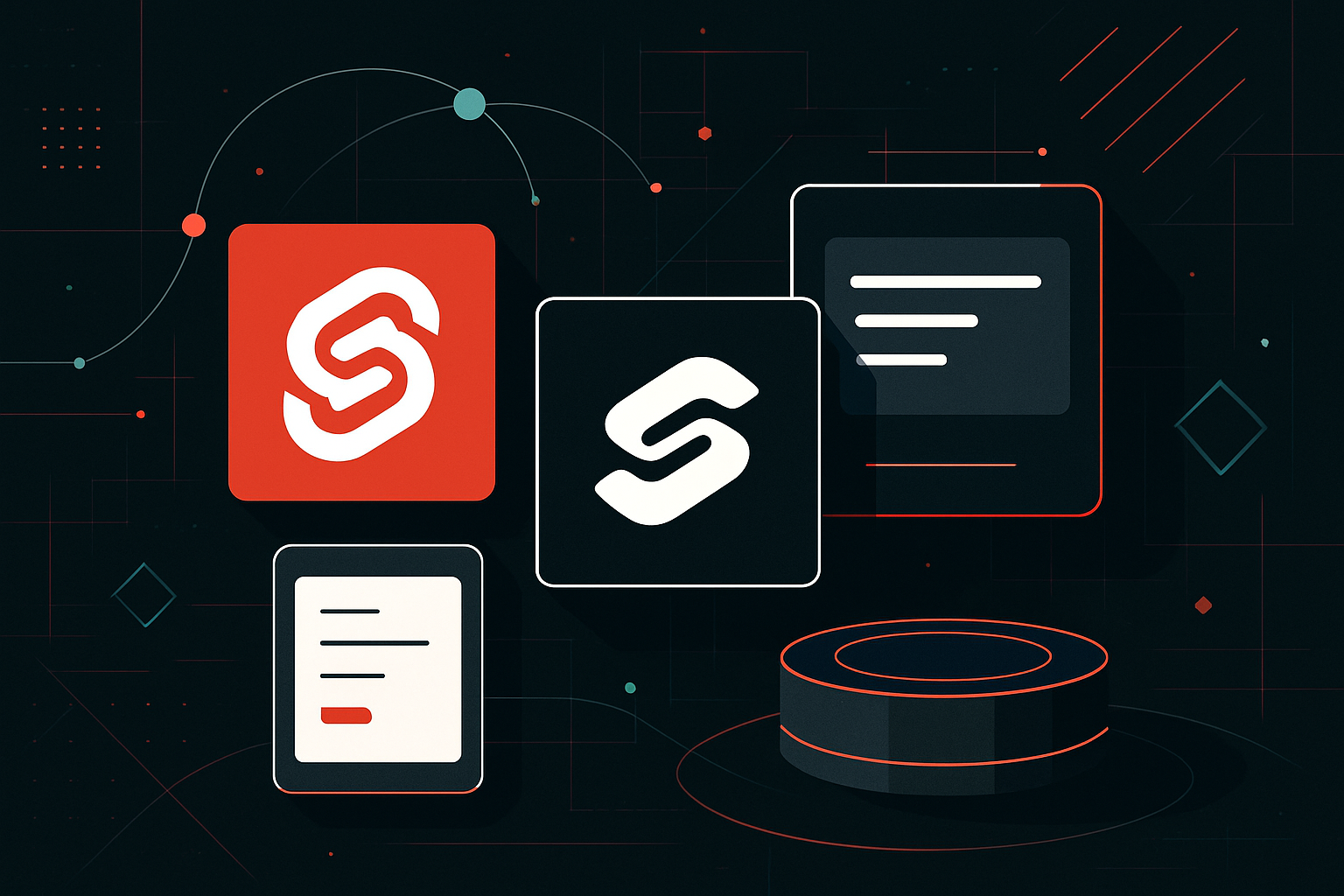1. Visual Studio Code
Features
- Language Support: Extensive support for languages via extensions, including JavaScript, Python, C++, and more.
- Extensions Marketplace: Thousands of extensions available for themes, debuggers, and additional functionalities.
- Integrated Git: Built-in Git commands for version control.
- Debugging: Powerful debugging tools for multiple languages.
Practical Insights
- Customization: Highly customizable with themes and settings.
- Remote Development: Supports remote development over SSH and containers.
- Code Snippet Example:
javascript
console.log("Hello, World!");
Summary
| Feature |
Visual Studio Code |
| Language Support |
Extensive |
| Git Integration |
Yes |
| Customization |
High |
| Debugging |
Yes |
2. IntelliJ IDEA
Features
- Java-Centric: Optimized for Java development with smart code completion and refactoring tools.
- Plugins: Vast array of plugins for additional language support and tools.
- Version Control: Seamless integration with Git, SVN, and Mercurial.
Practical Insights
- Performance: Heavier on resources but offers a rich set of features.
- Spring and Kotlin Support: Excellent support for Spring framework and Kotlin language, making it ideal for backend development.
Summary
| Feature |
IntelliJ IDEA |
| Language Support |
Primarily Java |
| Git Integration |
Yes |
| Customization |
Moderate |
| Debugging |
Yes |
3. Sublime Text
Features
- Speed: Known for its speed and efficiency.
- Package Control: Easy to install plugins and themes via Package Control.
- Multiple Selections: Edit multiple lines or words simultaneously.
Practical Insights
- User Interface: Minimalistic and distraction-free.
- Cross-Platform: Available on Windows, macOS, and Linux.
Summary
| Feature |
Sublime Text |
| Language Support |
Extensive via plugins |
| Git Integration |
No, requires plugin |
| Customization |
High |
| Debugging |
No |
4. PyCharm
Features
- Python-Centric: Optimized for Python with intelligent code completion and navigation.
- Web Development Frameworks: Supports Django, Flask, and other frameworks.
- Scientific Libraries: Integrated support for scientific libraries like NumPy and Pandas.
Practical Insights
- Intelligent Refactoring: Refactoring capabilities for maintaining clean code.
- Visual Debugger: Graphical debugger for easy troubleshooting.
Summary
| Feature |
PyCharm |
| Language Support |
Primarily Python |
| Git Integration |
Yes |
| Customization |
Moderate |
| Debugging |
Yes |
5. Atom
Features
- Open Source: Developed by GitHub and fully open-source.
- Teletype: Real-time collaboration with other developers.
- File System Browser: Easy project navigation with a built-in file system browser.
Practical Insights
- Hackable: Highly customizable with the ability to tweak everything.
- Community Packages: Large repository of community-developed packages and themes.
Summary
| Feature |
Atom |
| Language Support |
Extensive via packages |
| Git Integration |
Basic |
| Customization |
Very High |
| Debugging |
No |
6. Eclipse
Features
- Java IDE: Primarily used for Java development with robust tooling.
- Plugin System: Rich plugin ecosystem for extending functionality.
- Modeling Tools: Supports a variety of modeling tools for design.
Practical Insights
- Resource-Intensive: Can be slow on older machines.
- Mobile Development: Supports Android development with appropriate plugins.
Summary
| Feature |
Eclipse |
| Language Support |
Primarily Java |
| Git Integration |
Yes |
| Customization |
Moderate |
| Debugging |
Yes |
7. NetBeans
Features
- Java and PHP: Strong support for Java and PHP development.
- Built-in Tools: Debugger, profiler, and code analyzers included.
- Cross-Platform: Available on multiple operating systems.
Practical Insights
- User-Friendly: Easy to use with a straightforward interface.
- Maven Integration: Built-in support for Maven projects.
Summary
| Feature |
NetBeans |
| Language Support |
Java, PHP |
| Git Integration |
Yes |
| Customization |
Moderate |
| Debugging |
Yes |
8. Vim
Features
- Keyboard-Centric: Powerful keyboard shortcuts for efficient coding.
- Lightweight: Extremely fast and lightweight.
- Custom Scripting: Highly customizable through scripts.
Practical Insights
- Learning Curve: Steep learning curve but highly efficient once mastered.
- Remote Editing: Ideal for remote editing over SSH.
Summary
| Feature |
Vim |
| Language Support |
Extensive via plugins |
| Git Integration |
No, requires plugin |
| Customization |
Very High |
| Debugging |
No |
9. Xcode
Features
- Apple Ecosystem: Exclusive for macOS, iOS, watchOS, and tvOS development.
- Interface Builder: Drag-and-drop interface design tools.
- Swift Support: Full support for Swift and Objective-C.
Practical Insights
- Simulator: Built-in simulator for testing applications across different Apple devices.
- Performance Tools: Instruments for performance analysis.
Summary
| Feature |
Xcode |
| Language Support |
Swift, Objective-C |
| Git Integration |
Yes |
| Customization |
Moderate |
| Debugging |
Yes |
10. TextMate
Features
- macOS Exclusive: Designed specifically for macOS.
- Syntax Highlighting: Extensive syntax highlighting for various languages.
- Macros: Recordable macros for repetitive tasks.
Practical Insights
- Project Management: Simple project management tools.
- Snippets: Easy to create and manage code snippets.
Summary
| Feature |
TextMate |
| Language Support |
Extensive |
| Git Integration |
No, requires plugin |
| Customization |
High |
| Debugging |
No |
Each of these IDEs and text editors comes with its own set of advantages and trade-offs. Selecting the right one depends on your specific needs, project requirements, and personal preferences.






0 thoughts on “Top 10 Programming IDEs and Text Editors Compared”